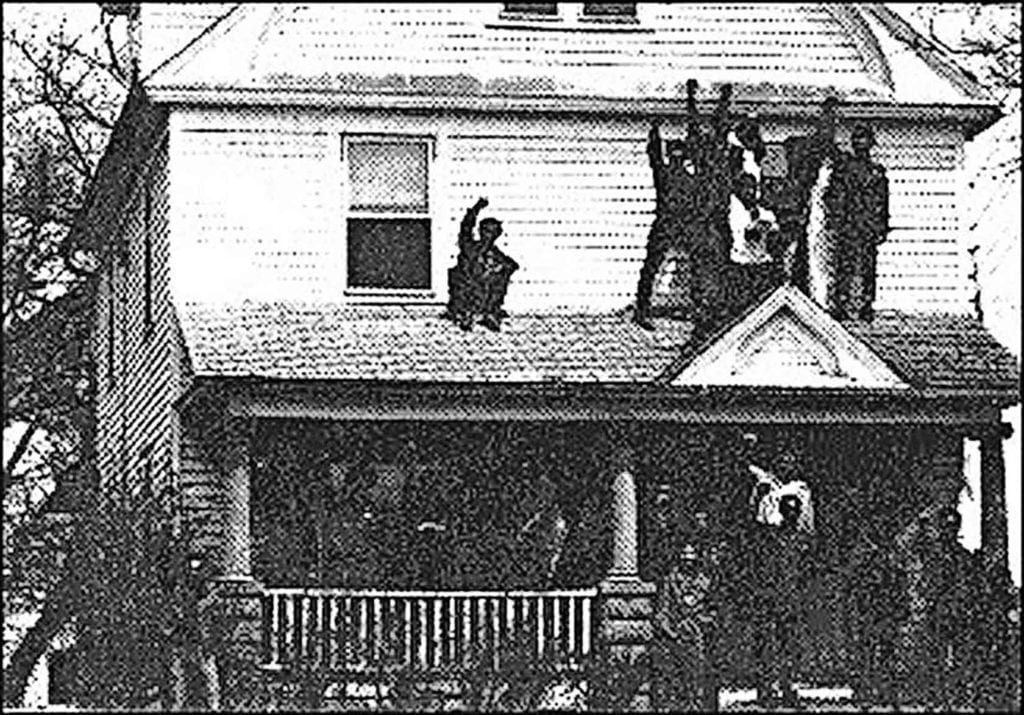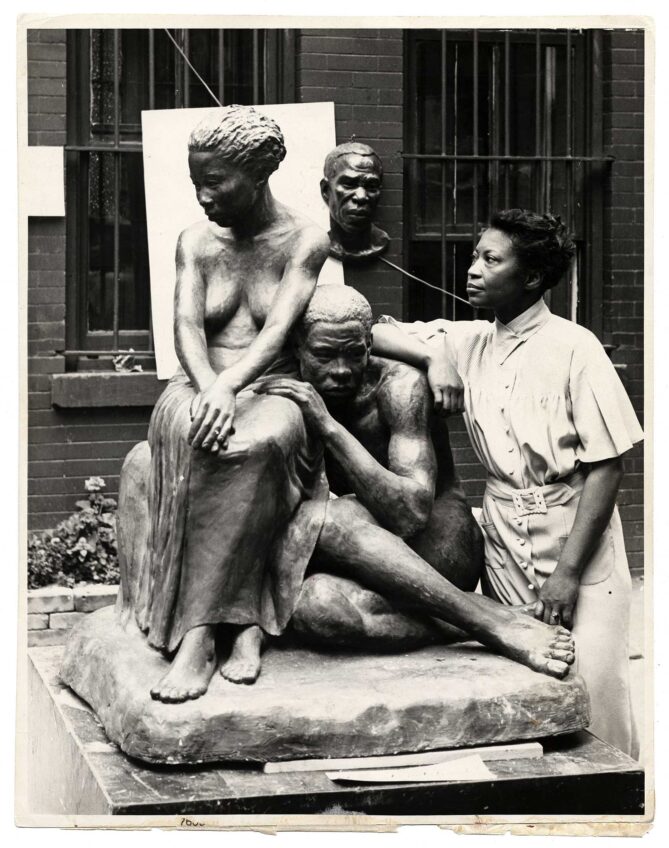
The creator of what’s now known as Black History Month hoped for a day when it would no longer be required.
Half a century after the 13th amendment abolished slavery, Harvard-trained historian Carter G. Woodson, working with the Association for the Study of Negro (now African American) Life and History, created Negro History Week to be observed during the second week of February. The key to the date was that it coincided with the birthdays of Frederick Douglass and Abraham Lincoln, said Janus Adams, an Emmy Award-winning journalist, historian, author and nonprofit founder/publisher.
Born into slavery around 1818, Douglass “essentially had to invent his birthday,” Adams said. “His mother was sold away from him by the age of 5, and he had to cobble together stories to come up with his birth date.” A February birthday was deemed appropriate because oral history said that Douglass’ mother called him her little valentine, Adams said.
Woodson, the Father of Black History, is best known for writing “The Mis-Education of the Negro,” and “that means the miseducation of everybody,” Adams said.
Getting into the schools
In 1926, black Americans and their accomplishments were rarely — if ever — mentioned in schools. Remember, this was during the days of segregation, when separate but equal public schools were the law of the land. It wasn’t until 1954 when the landmark Supreme Court decision in Brown v. Board of Education, which was successfully argued by future Supreme Court justice Thurgood Marshall, found that “separate educational facilities are inherently unequal.”
Woodson’s goal in creating the weeklong event was to incorporate the teaching of the history of American blacks/the African
diaspora in the nation’s schools.
“If a race has no history, it has no worthwhile tradition, it becomes a negligible factor in the thought of the world, and it stands in danger of being exterminated,” Woodson wrote.
Black History Month was first celebrated at Ohio’s Kent State University in 1970 and was officially recognized by President Gerald Ford in 1976, when he urged Americans to “seize the opportunity to honor the too-often neglected accomplishments of black Americans in every area of endeavor throughout our history” during the nation’s bicentennial.
Why it’s still needed
Black History Month often sparks a debate over why a month dedicated to the accomplishments of one race is needed.
“The issue isn’t white or black history; it’s United States history,” Adams said. Plus, “every month is White History Month.”
“If you don’t know African-American history, you don’t know American history. There’s a missing piece of the puzzle. These stories have been expunged from history. It’s trying to fill in a missing piece of U.S. history,” Adams said.
Adams rejects the people who joke about Black History Month being the shortest month of the year. It’s held in February because it evolved from Negro History Week.
In addition to giving black people a sense of pride and purpose, Black History Month gives all Americans a better sense of our multicultural heritage, Adams said.
Woodson believed that racial prejudice “is merely the logical result of tradition, the inevitable outcome of thorough instruction to the effect that the Negro has never contributed anything to the progress of mankind.”







